The first national conference on farmer cluster groups with Natural England was a ‘swell’ event. (UPDATE: the application form for facilitation funding to support Enviro Land Management schemes, but in March 2025 the funding ended)
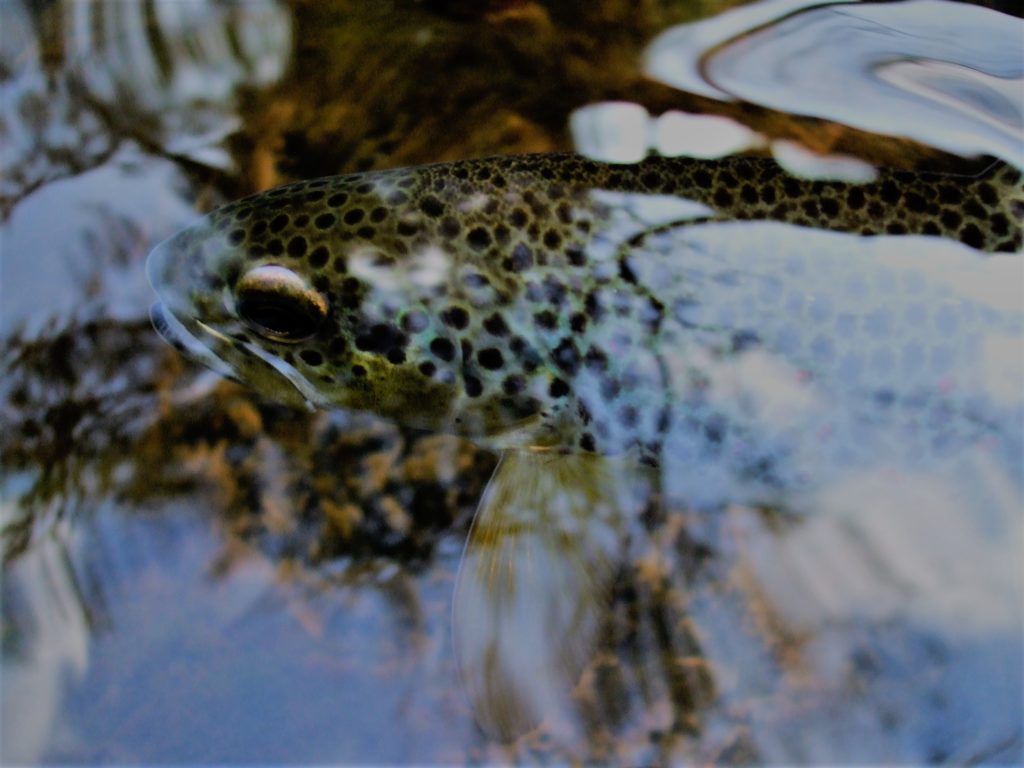
The craic
The room was awash with the exchange of ideas. Chests swelling with pride as farmers restored stone curlews to farmland, yellowhammers to hedgerows, brown trout to brooks, pollinators to headlands. All while getting together over beers in their local pubs to talk habitat for wildlife.
The day wasn’t about high profile speakers (Sir John Lawton, Natural England‘s Chair, GWCT‘s CEO, Prince Charles via video). It was all about deliverers of nature at the grass roots.
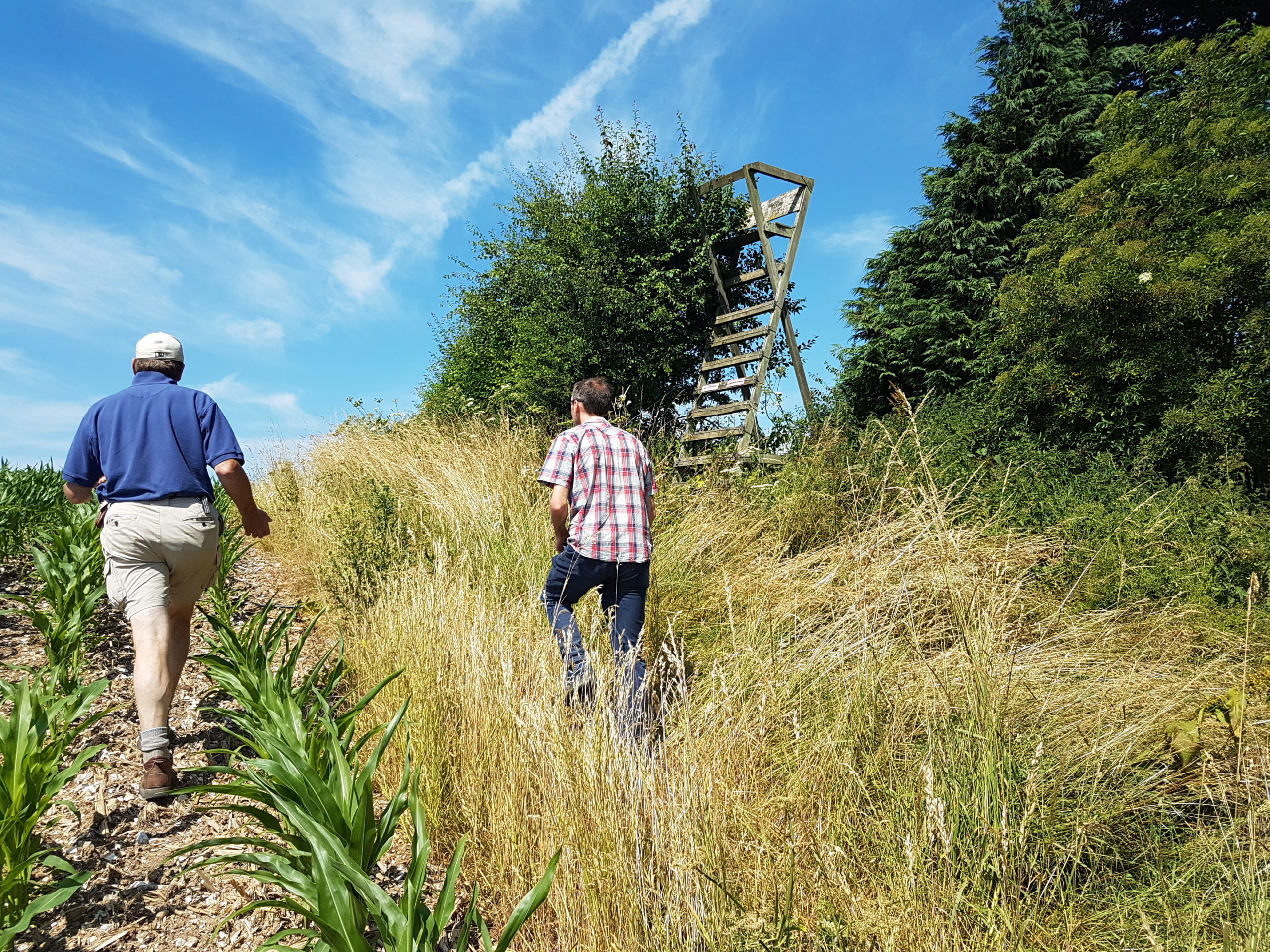
Proud
The applause was noticeably loud for those farmers, land managers, facilitators who had picked up the baton and run with it for wildlife. And not just ‘quarry’ species some might have an specific interest in, but species they wanted on their land, to be proud of. Many of which also happen to be of biodiversity concern.
Tipping for wildlife
Sir John, who triggered the idea of landscape scale conservation (Making Space for Nature), wrote on a slide that he found ‘the Farmer Clusters initiative so brilliant’ for moving in the right direction towards land sharing for people and nature.
Farmer clusters represent a tipping point towards the positive – ‘a consortium of the willing putting back more nature than is being taken out’.
Rob Shepherd (Hants farmer) told us about land managers taking back ‘ownership of conservation’s destiny’. In a deadpan delivery, he suggested not ‘mentioning buzzards and badgers’ when getting farmers to gather around kitchen tables but focus on identifying insects while putting £1 for every hectare they own in the farmercluster kitty.
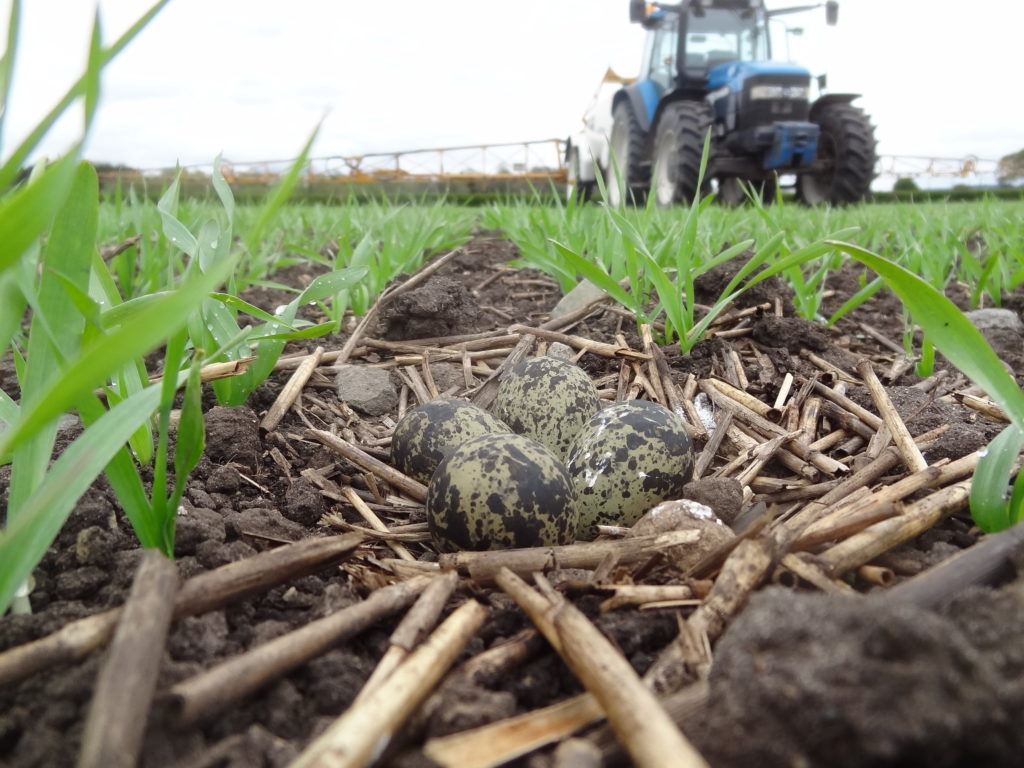
Honest humour
Humour within honesty abounded in refreshing doses. Which helped us to learn what went wrong, as much as what went right. Not every one knew who their Natural England adviser was, where to find the nearest cluster (see website here). Heidi Smith, FWAG facilitator, told us that farmers tend to only hear it from other farmers.
Handshake
That’s if they actually talk to each other. As Andrew Paul reported from Suffolk, some shook hands for the first time over a meeting convened under the eye of trusted and respected chair or facilitator within a ‘safe space’ – warmed either by a kitchen Aga kitchen, pint in a pub or walk in a field.
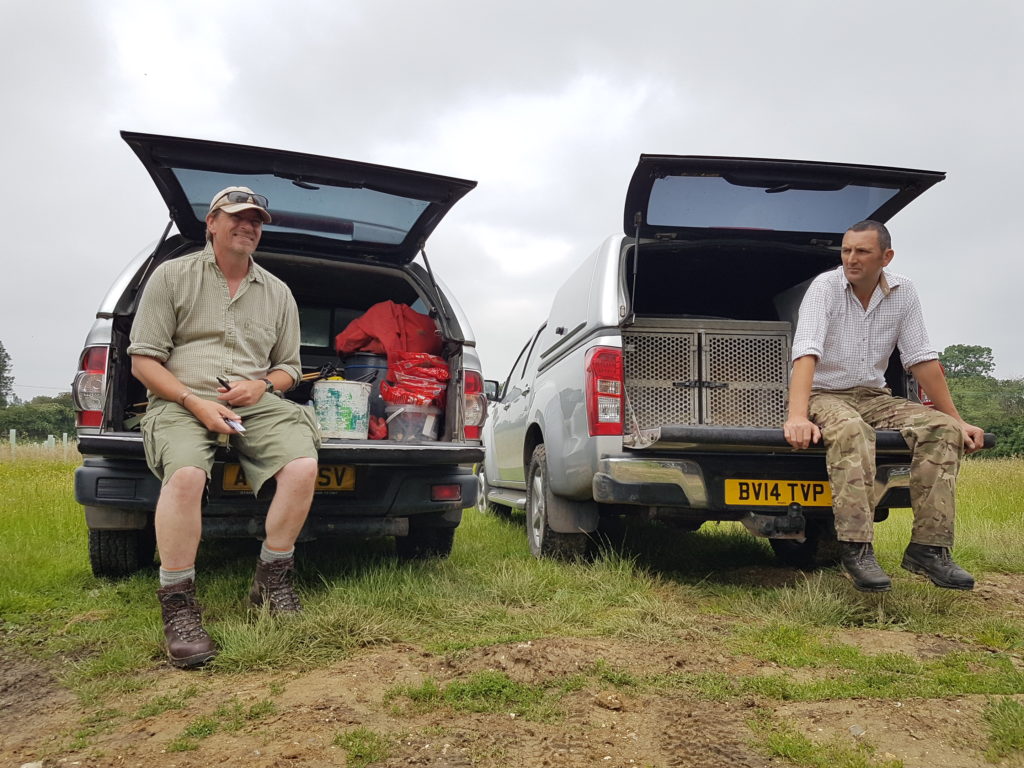
Upland remote
Many spoke about the harder to access uplands, far, far away from the easy range of Breeding Bird Survey volunteer. Data recording is important. Huge tranches of temperate soggy uplands in Nidderdale were receiving attention from groups of land managers. A term I prefer, as it includes those managing woodland and wild areas, bringing gamekeepers in from the cold of culling crows to the warm fold of counting linnets.
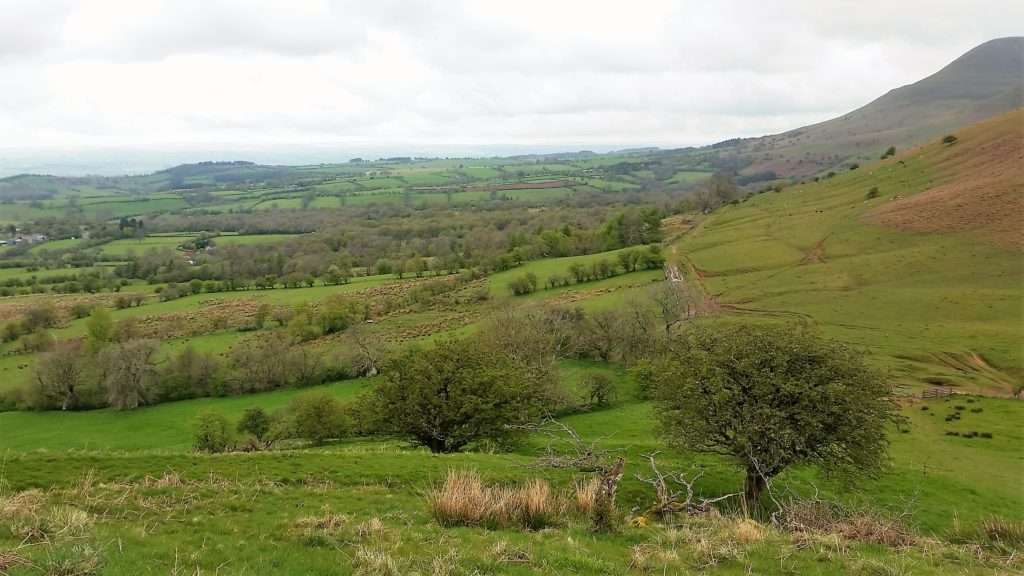
‘To do, not to do’
‘Farmers have had enough of being told what not to do‘ Tara Challoner, a Yorkshire Wildlife Trust facilitator, told us bluntly. Farmer groups are a way of bringing joy back into conservation by choosing and listening to experts: forging ideas together and producing data for the ogre* holding Defra’s purse strings (*The Treasury).
Some of the mainstream media at the event were after titillating stuff on predators to pique their readers’ interest. But this fresh idea is all about land managers and farmers sharing experiences, airing concerns, and working quietly on adventurous new ways forward for wildlife conservation.
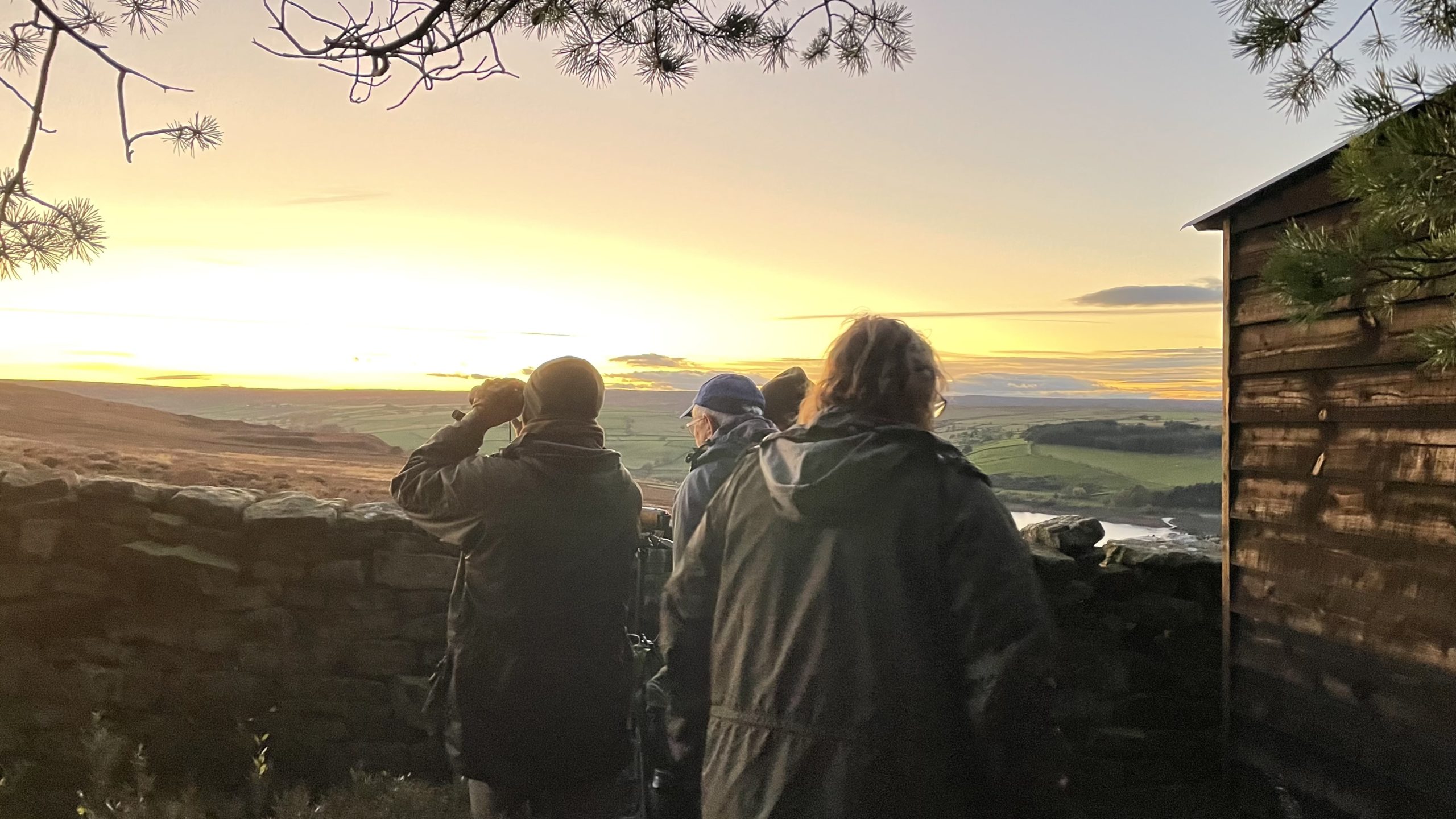
Addendum Result of 600 votes polled on how to best deliver wildlife
Update July 2020 – feed into ELM consultation by 31 July 2020 (closed)
Update Sept 2021 – New facilitator funding opens Dec 2021. (Informal feedback: ‘keep red tape at bay and ensure RPA pay on time’)
Update Jan 2022 – new ELM funding for local nature recovery and landscape recovery
Update March 2025 – the end of funding, increasingly bound up in red tape, but …..
“In my view once you understand what you have got, you don’t need countryside stewardship. People in general do not want to screw up the environment and if farmers and landowners actually know what nature they’ve got on their land, their behaviours will change. They want to demonstrate why their place is special and why they, as a private landowner [or manager], can be trusted to look after the land”
Ref – here
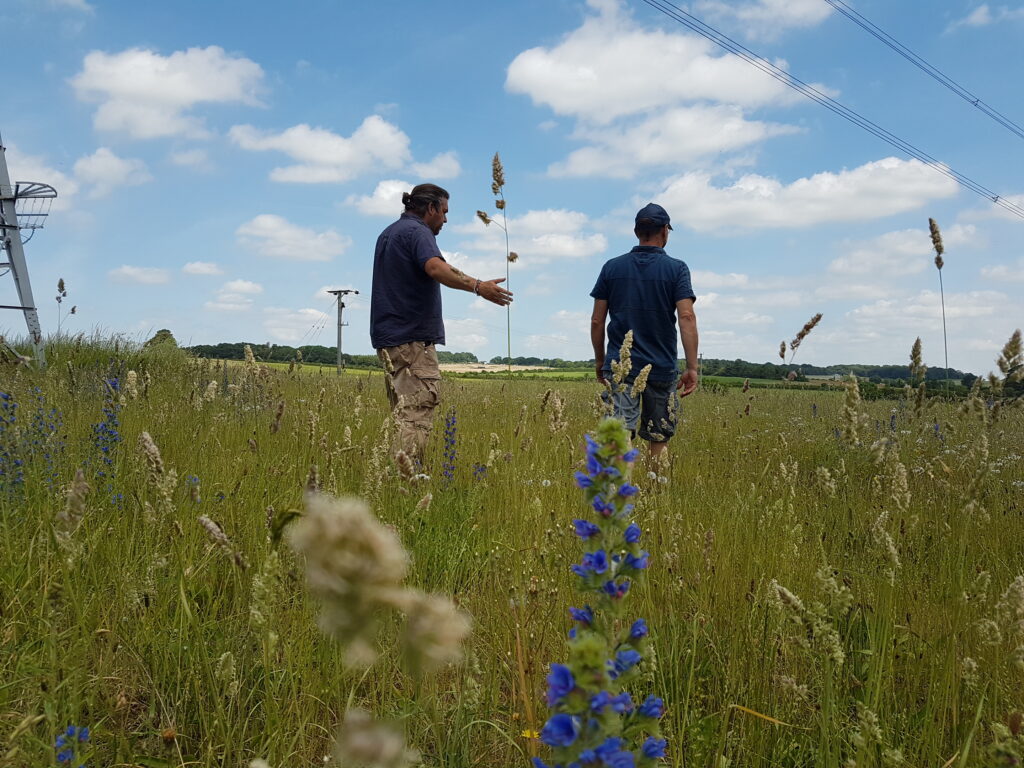
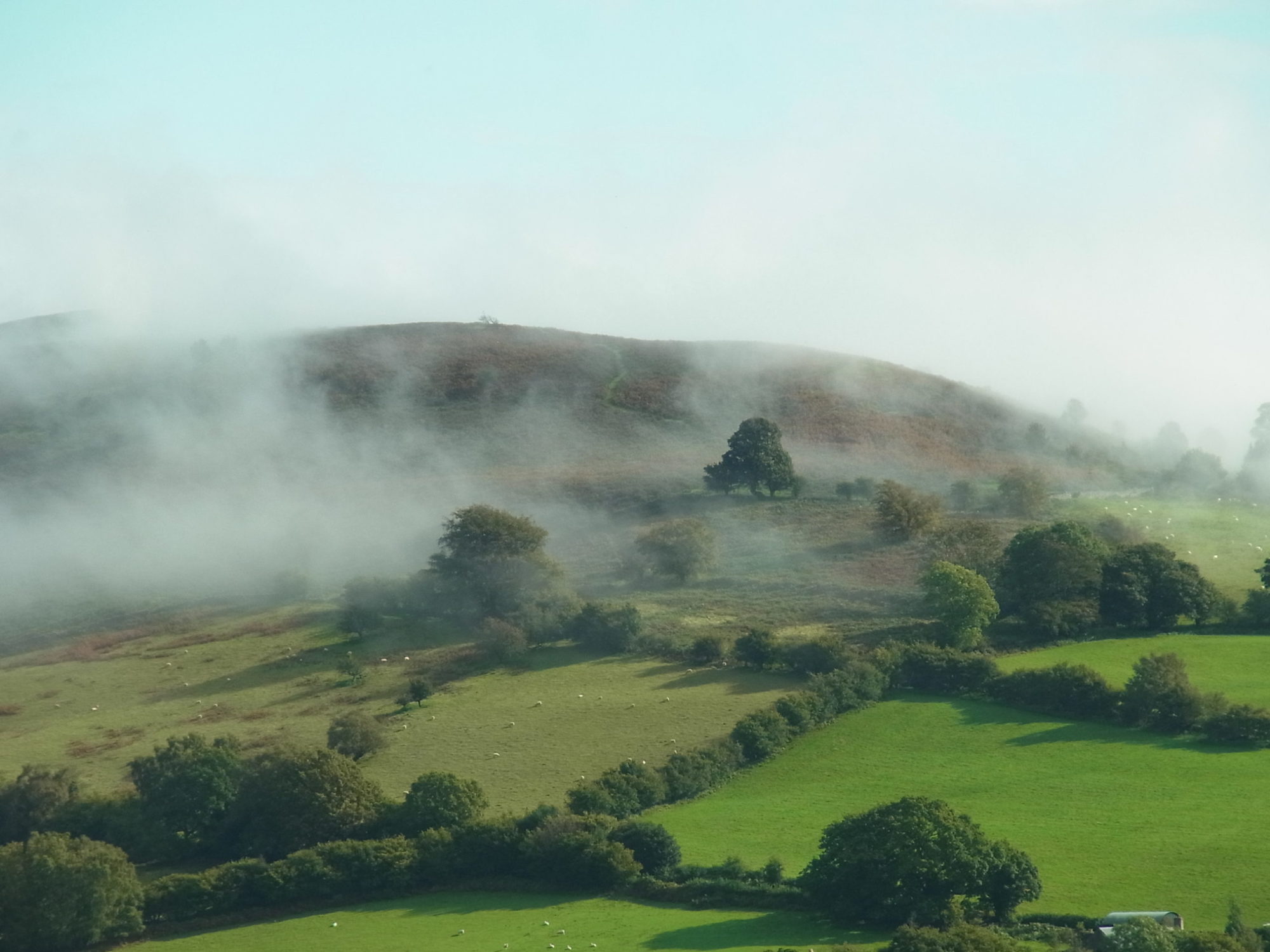

Looks like a good idea. How about a cluster group in South Lakeland? I was asked to judge the Conservation Competition at Westmorland Show this year, but disappointed to find that there were no entries.
Reg Hesketh
(Retired Business and Conservation Consultant)
Hi Reg, there is now a website for ‘farmer clusters’ or land manager groups, call it what you may https://www.farmerclusters.com/
Things now starting to move a pace on a landscape scale!
A very positive development. So pleased this is happening.